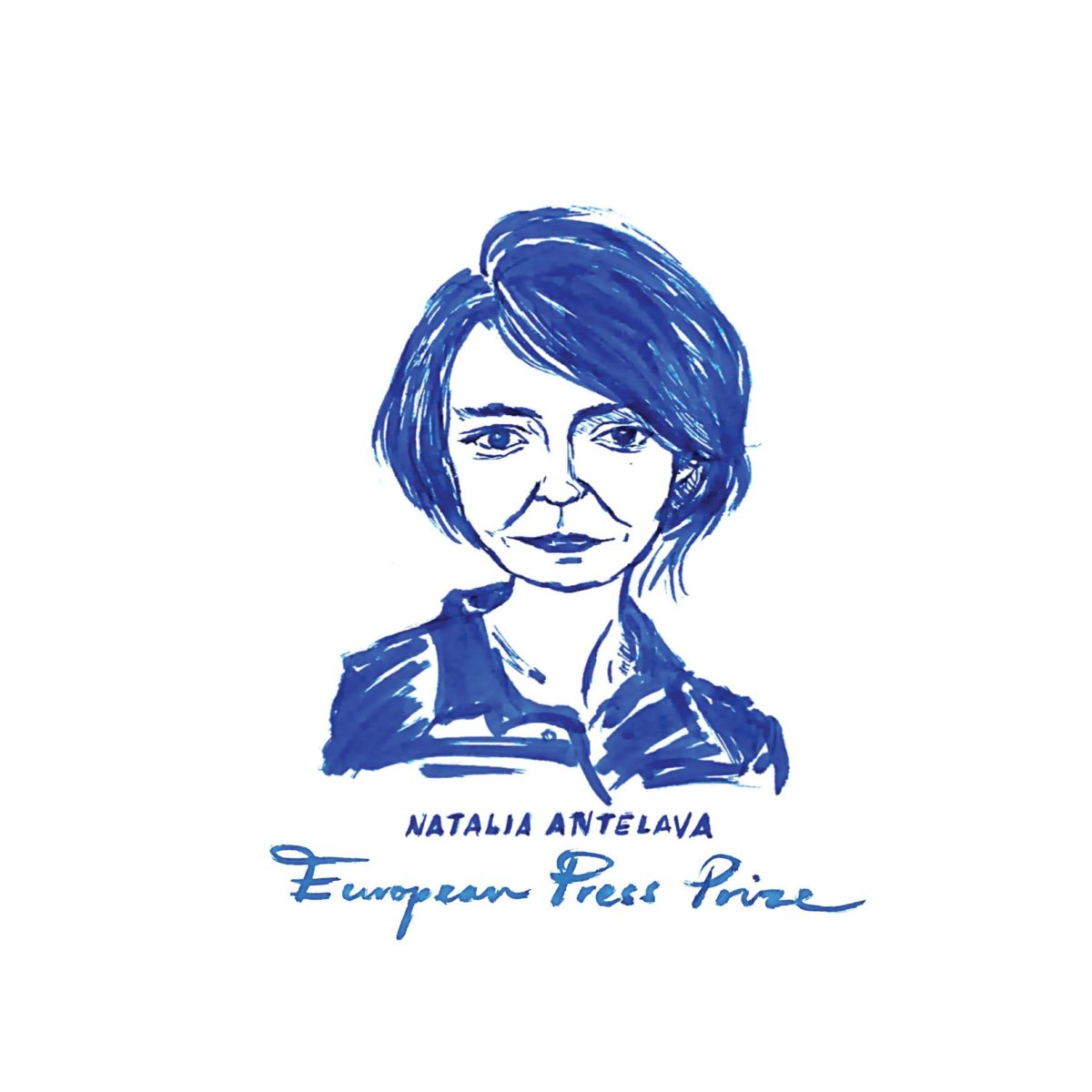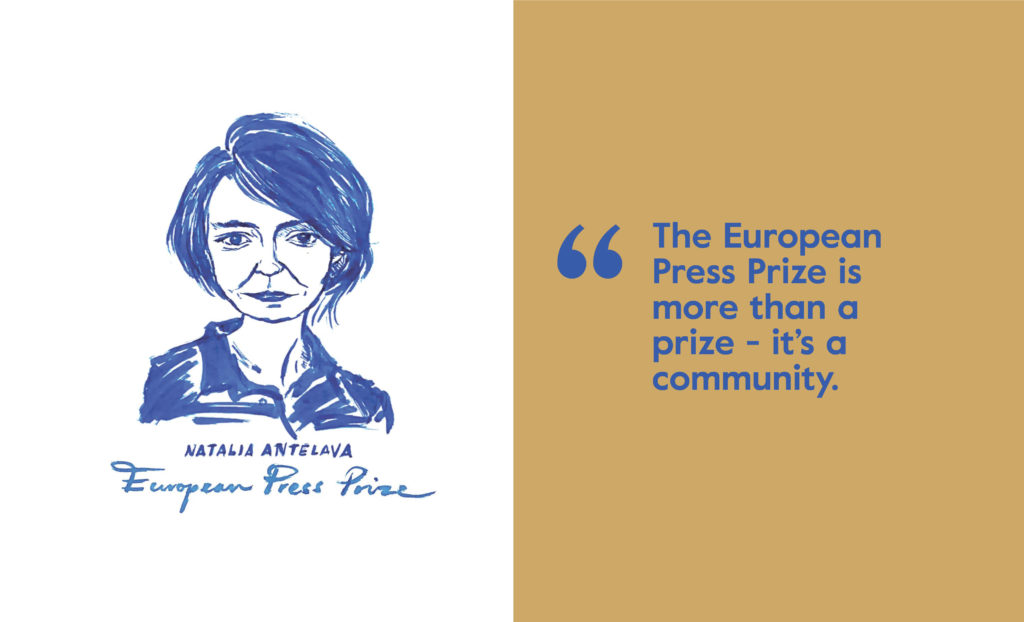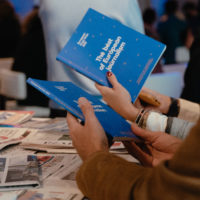Laureate Interview: Natalia Antelava
The entry period for the 2020 edition of the European Press Prize will be open until December 13, 2019. During this entry period, the European Press Prize is interviewing laureates from the past years about their current projects, the importance of acknowledgment, and their personal nominations for the 2020 edition. This time: Natalia Antelava, from Georgia. Natalia and her colleagues were selected for the 2017 Innovation Award shortlist for their project, ‘Coda Story‘.
1. What are you working on at the moment?
At Coda, our team continues to track the meta-crises of our times: disinformation and authoritarian technology through on-the ground, character driven stories. We are constantly thinking how we can capture impact of these crises on real lives. Individual pieces include this story about brave Uighur women trying to navigate their way around Chinese digital authoritarianism from exile, or this story about two Saudi sisters on the run, who have had to outsmart not just their abusive families but Silicon-valley technology in order to escape, or this story about Pakistani government’s attempt to control the internet by using Canadian-made software. All of these stories are part of the bigger crises of disinformation and dual use of technology and we hope that we are able to explain them better by capturing these crises through narrative, human-driven stories. Our mission is continuity and context in our reporting, and building on the themes that we have been covering we are working to add a new channel focused on the War on Science. Stay tuned and stay on the story with us by signing up here.
2. Why is it important for journalists to be acknowledged for their work today?
It has always been important for journalists to be acknowledged for their work, but it does feel like more is at stake today. Rising global authoritarianism and unprecedented technological innovation are turning our belief systems upside down. Journalism that cuts through the noise, presents a sober, thoughtful and meaningful take on the world, connects to the audience and holds power to account is vital for this era of transition.
Journalism that cuts through the noise, presents a sober, thoughtful and meaningful take on the world, connects to the audience and holds power to account is vital for this era of transition.
3. Why would you encourage fellow journalists to enter work for the European Press Prize?
The European Press Prize is more than a prize – it’s a community. This is what makes it special and this is why I would encourage anyone to enter.
4. Who would you nominate for the European Press Prize 2020?
Croatian journalist Gordan Duhaček. This is his story and he is also the reason why the European Press Prize matters.







